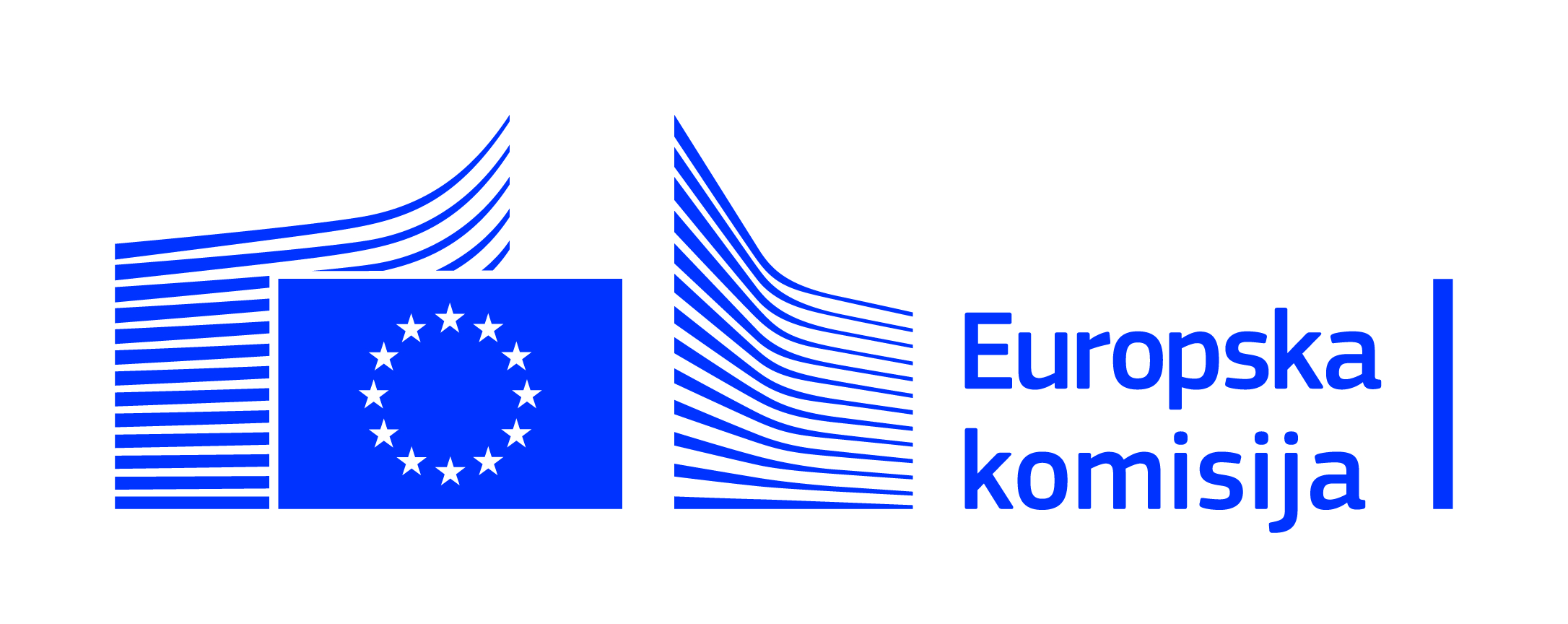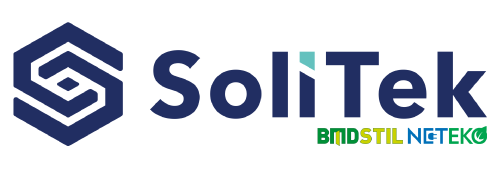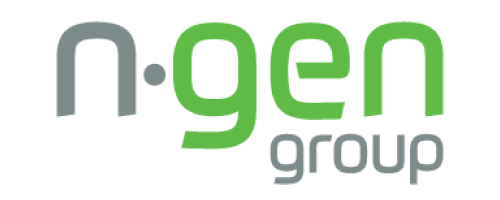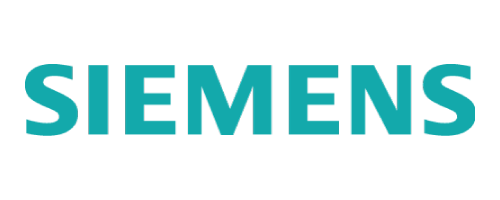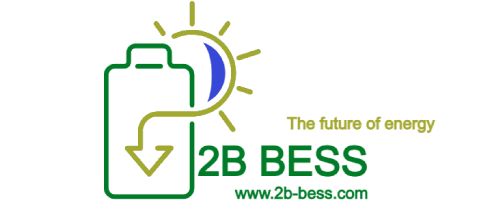SOLAR FLEX 2025
As part of the European Let’s Flex campaign launched by SolarPower Europe, the Solar Flex Croatia 2025 conference will take place in Zagreb on March 12, 2025. The event is jointly organized by the Renewable Energy Sources of Croatia Association (RESC) and SolarPower Europe (SPE), with the European Commission as the main partner, aiming to advance flexibility integration into the power grid.
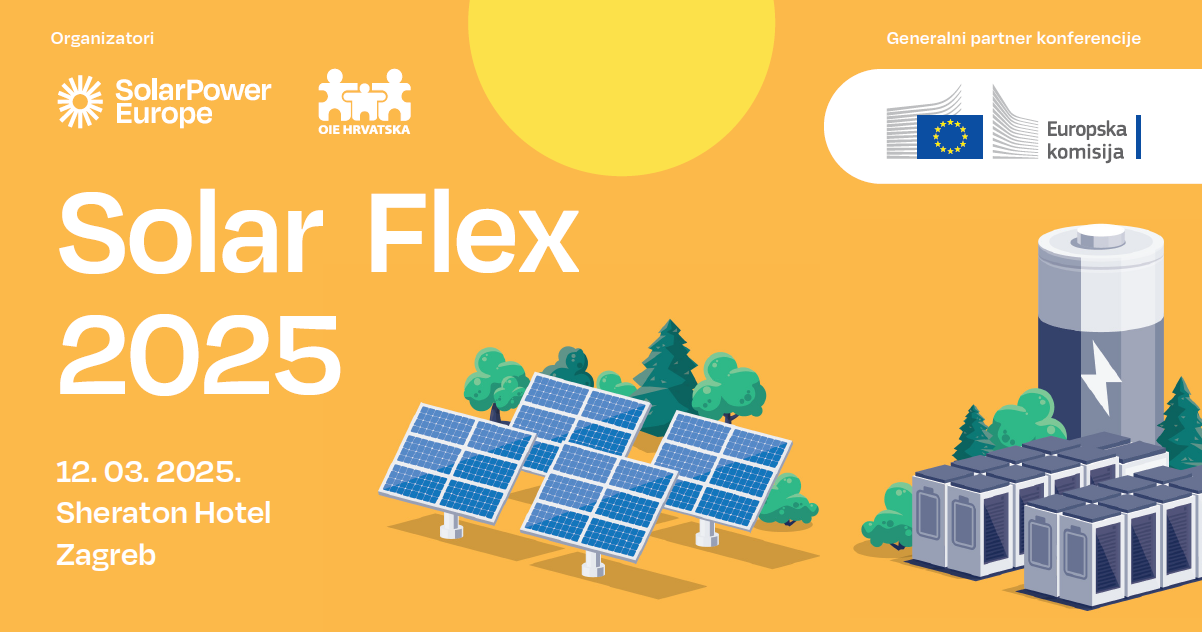
The conference is jointly organized by Renewable Energy Sources of Croatia (OIEH) and
SolarPower Europe (SPE) with the goal of integrating flexibility into the power grid.
The crucial role of battery storage systems in ensuring the stability and efficiency of the power system is widely recognized, and the business community’s interest in integrating these systems into existing and planned renewable energy plants is rapidly growing. This makes Solar Flex Croatia 2025 an essential platform for exchanging knowledge, experiences, and best practices in this fast-evolving sector. Beyond knowledge sharing, the conference offers a valuable opportunity to connect with potential business partners and network with key industry stakeholders, fostering collaborations that will drive the future of flexible energy solutions.
Conference program
SOLAR FLEX CROATIA 2025
Panel 1.
Flexibility for Optimal Grid Integration
The panel will focus on the role of flexibility in optimizing grid connection. Panelists will discuss the benefits and challenges that hybrid solar systems bring to the energy grid and investments, as well as present practical experiences and strategies for the successful implementation of hybrid systems in large-scale energy projects.
Panel 2:
Business Models for Energy Storage Systems
This panel will explore various business models applied in the energy storage sector. Industry experts will share their experiences, analyses, and best practices in the development and implementation of business models that enable the efficient and profitable application of energy storage technologies. Participants will have the opportunity to learn more about the challenges, opportunities, and innovations in this rapidly growing sector.
Panel 3:
Smart Buildings and Households – Promoting Self-Generation and Energy Flexibility
The panel will explore how policies and technological solutions can empower individuals and companies to generate, consume, and distribute electricity independently. Through practical examples and expert analysis, the aim is to provide concrete solutions for overcoming barriers in the development of prosumer models, while supporting the energy transition, grid stability, and decarbonization.
What is flexibility?
Flexibility is the ability of a consumer, electricity generator, or any other technology (like storage) to adjust how they feed in electricity to the grid, or consume electricity from the grid in response to grid needs or solar availability.
Why do we need flexibility?
The way we generate and use energy is transforming. Fossil fuel plants are being phased out, replaced by cleaner, decentralised sources like solar and wind farms. At the same time, electricity demand is surging with the rise of electric vehicles, heat pumps, and other electrified systems.
According to European Commission data, the share of electricity in Europe’s final energy consumption is expected to double from the current 25% to around 50% by 2040. Given the slow expansion and modernization of grid infrastructure, flexibility is essential for the further integration of renewable energy sources. It allows us to achieve more with less, enabling decarbonization in the most efficient way possible

